Speaking to reporters at the NATO Summit in Washington, DC, last month, the European Union (EU) High Representative for Foreign Affairs and Security Policy, Josep Borrell, admitted: “In Africa, people are very supportive of Russian President Vladimir Putin.”
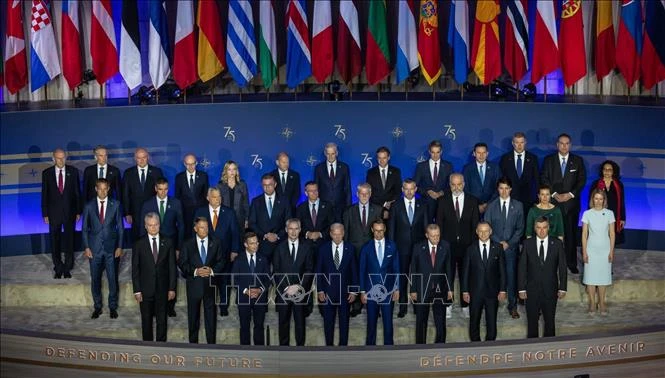
In fact, a report by the German Institute for Political Development Studies (DIE) shows that since 2014, Russia has significantly increased its involvement in Africa. In just 10 years, Russia has succeeded in re-establishing its military and diplomatic influence on the black continent.
According to the French newspaper Le Monde, the Kremlin has known how to take advantage of the legacy of the anti-colonial era and the liberation movements of the former Soviet Union, along with France's complacency and the US's withdrawal after the defeat in the Iraq war. As of fall 2019, Russia had concluded cooperation agreements with 21 African countries and was negotiating the establishment of military bases in several countries.
The effort continued in 2020 in the Sahel countries (Mali, Burkina Faso, Niger) and gradually expanded its influence to eastern Libya and Chad. In his 24 years in power, President Vladimir Putin has visited the African continent only three times, but he has arranged for Russia to return there after a long absence following the collapse of the Soviet bloc. Although the Russian president rarely travels to Africa, African leaders often make trips to Moscow or Sochi.
According to observers, like other major powers, Russia's strategy in Africa is to combine arms sales, political support and security cooperation in exchange for business opportunities and increased support for Russia's foreign policy priorities.
The support of African allies is particularly important for Russia at the United Nations, where African countries account for a quarter of the votes in the General Assembly. This is one of the most dramatic geostrategic shifts of the past decade, but, according to Le Monde, it is also the one that has received the least attention in the West.
HAPPY CHI
Source: https://www.sggp.org.vn/tro-lai-chau-phi-post755831.html


![[Photo] Prime Minister Pham Minh Chinh receives Mr. Jefferey Perlman, CEO of Warburg Pincus Group (USA)](https://vstatic.vietnam.vn/vietnam/resource/IMAGE/2025/4/18/c37781eeb50342f09d8fe6841db2426c)


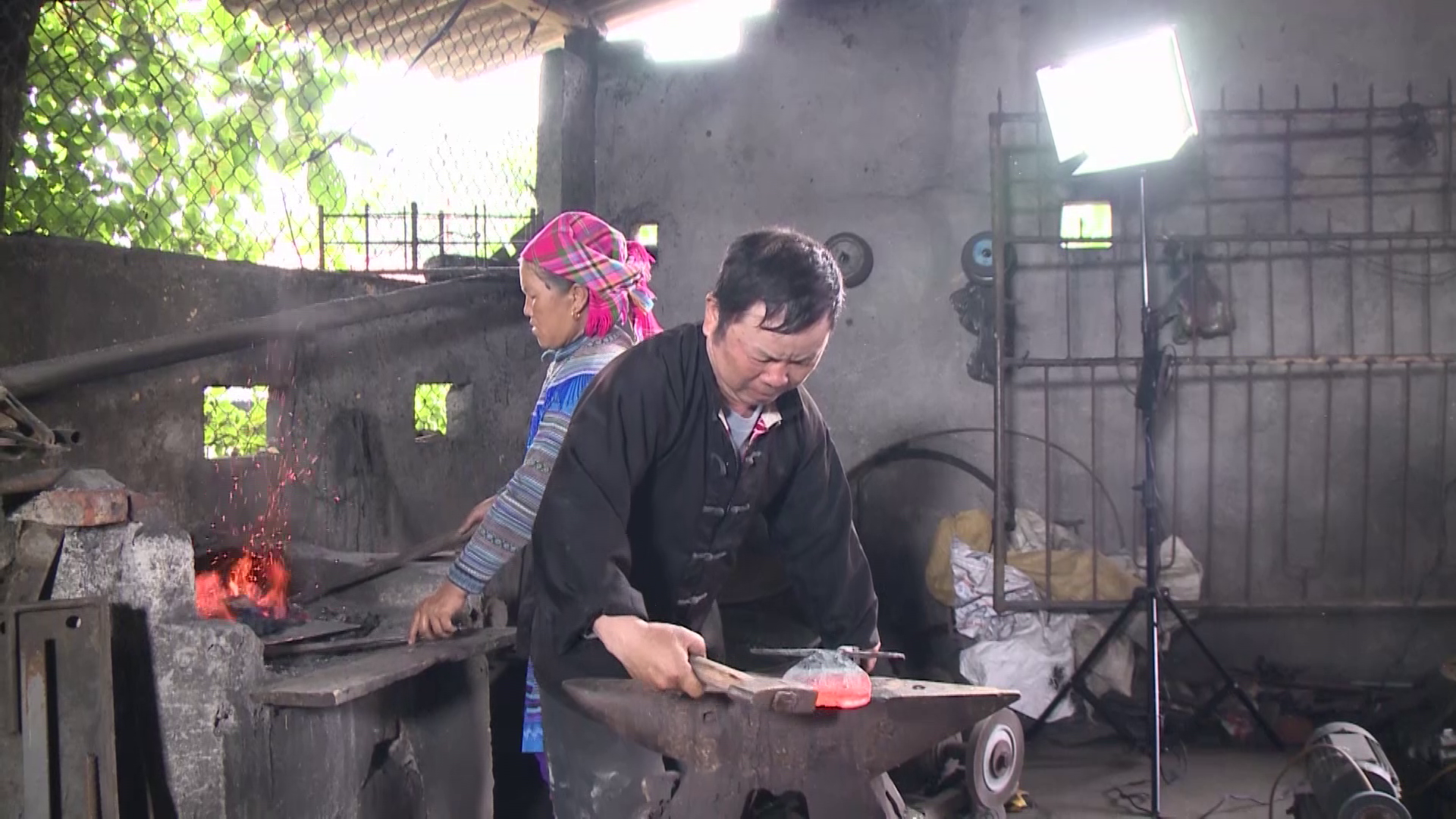

![[UPDATE] April 30th parade rehearsal on Le Duan street in front of Independence Palace](https://vstatic.vietnam.vn/vietnam/resource/IMAGE/2025/4/18/8f2604c6bc5648d4b918bd6867d08396)




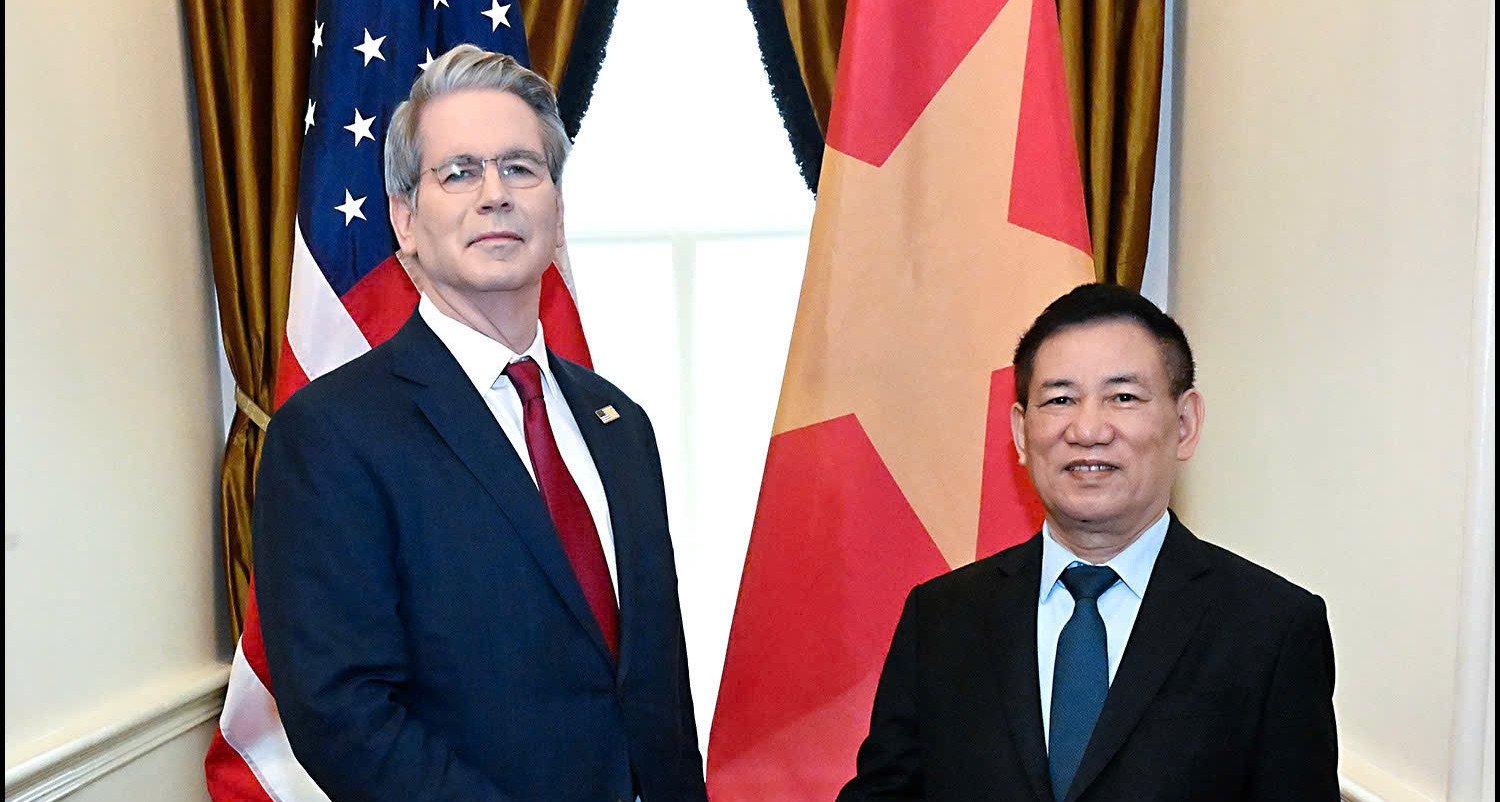




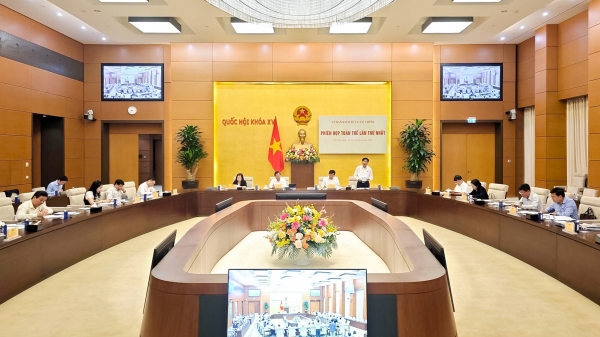



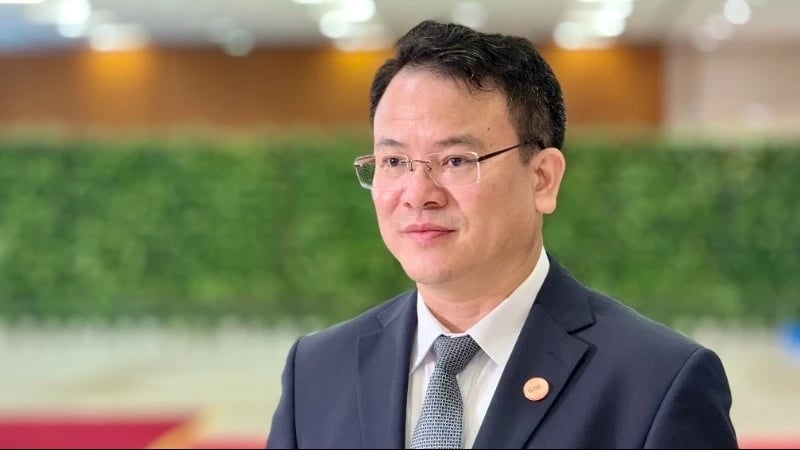
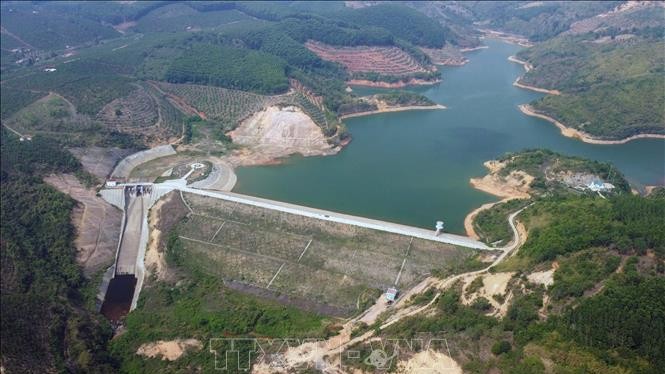





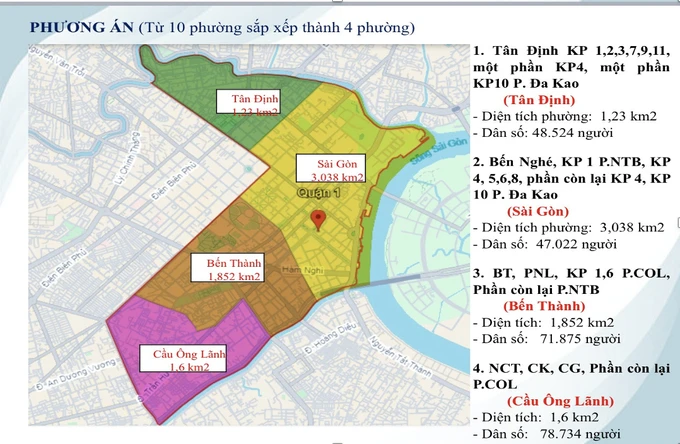
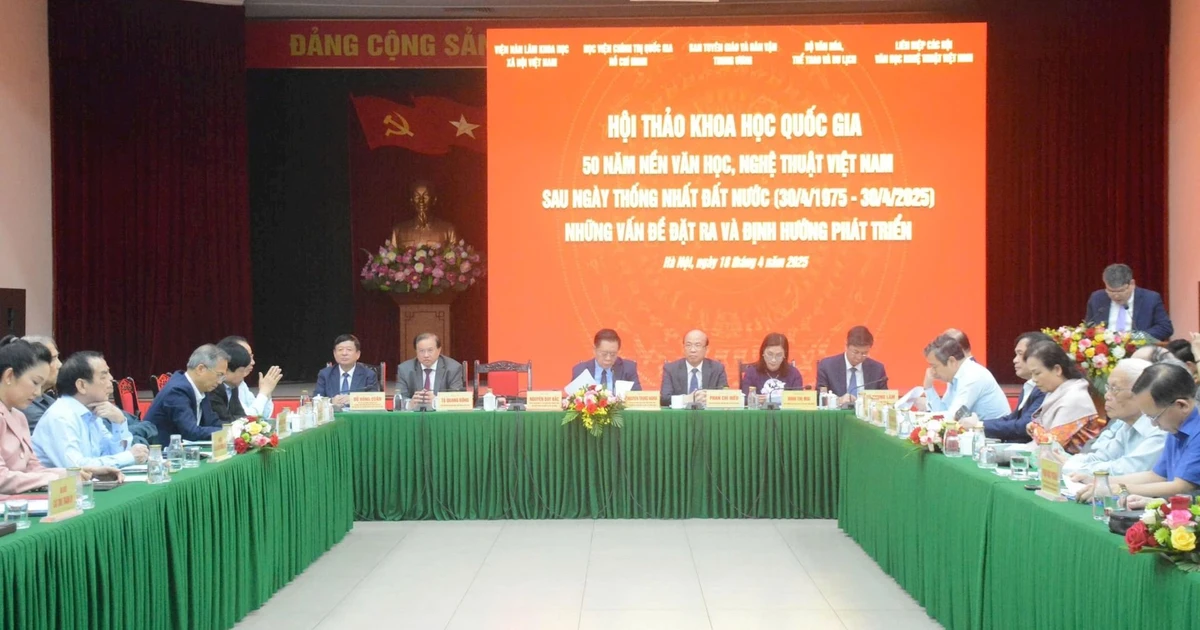
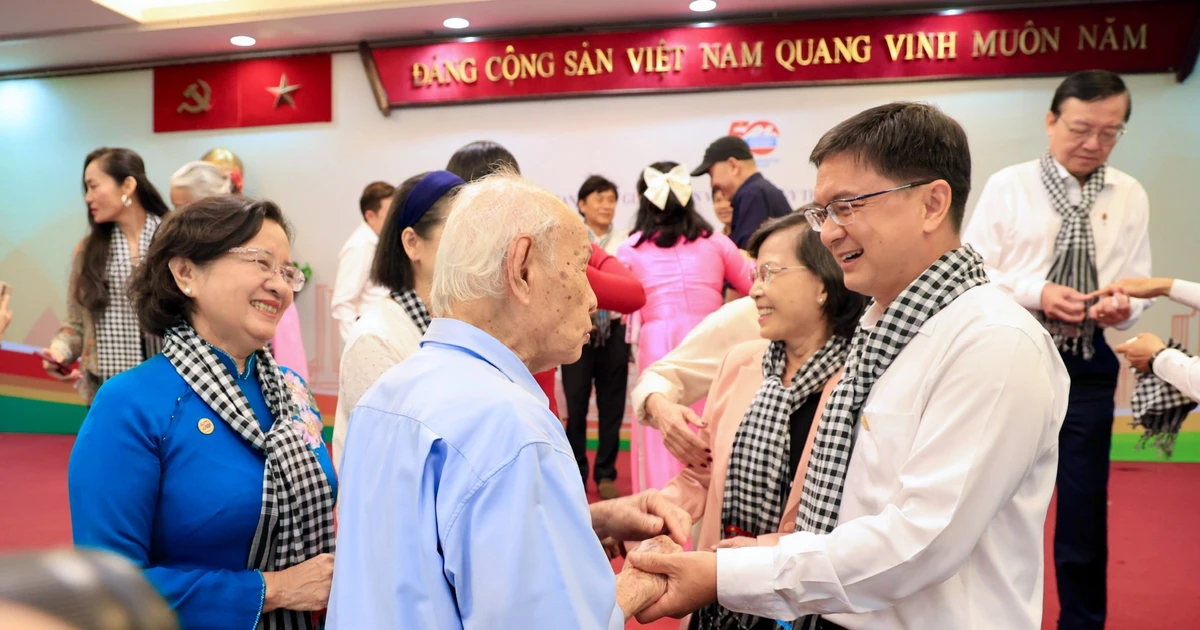




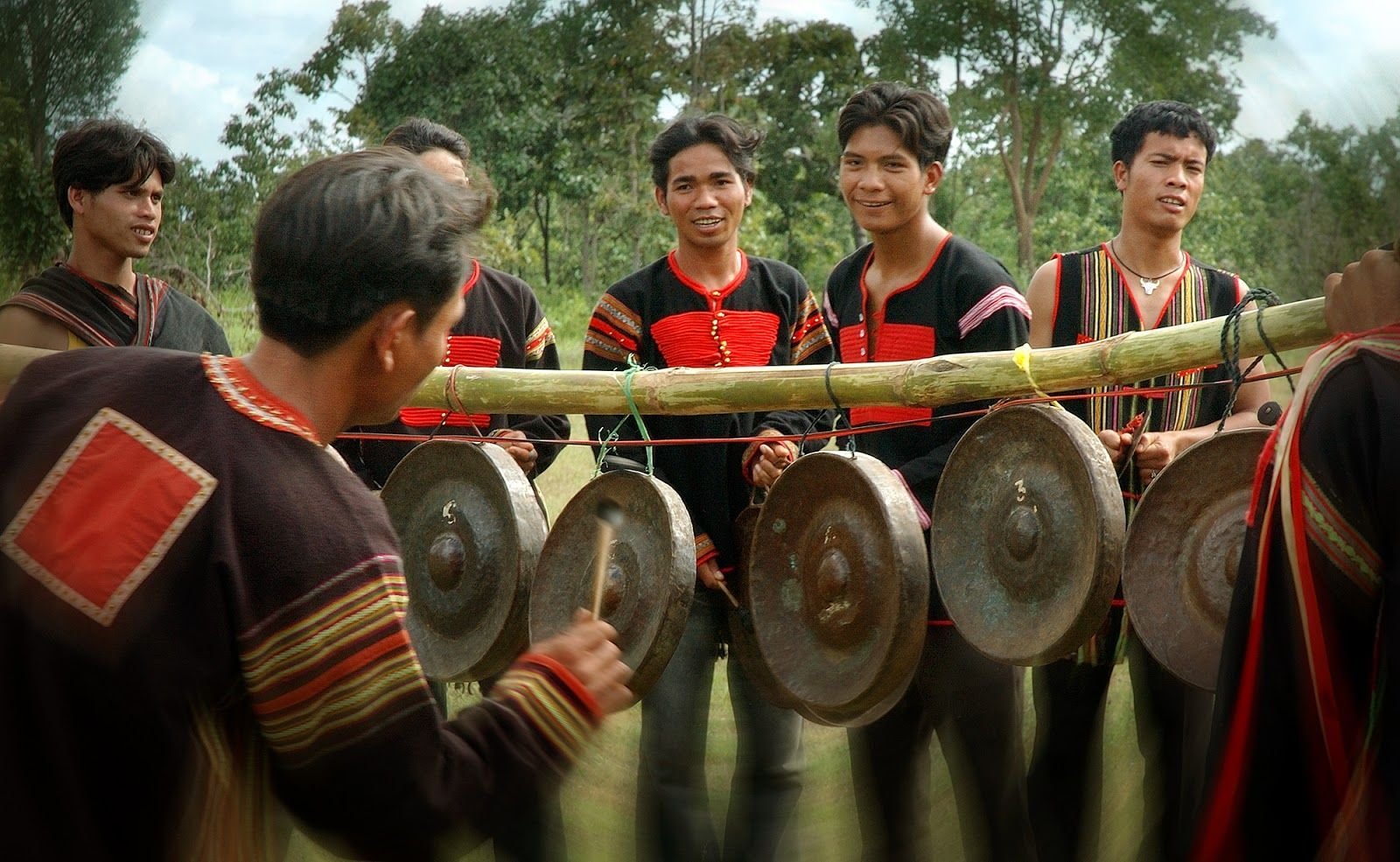

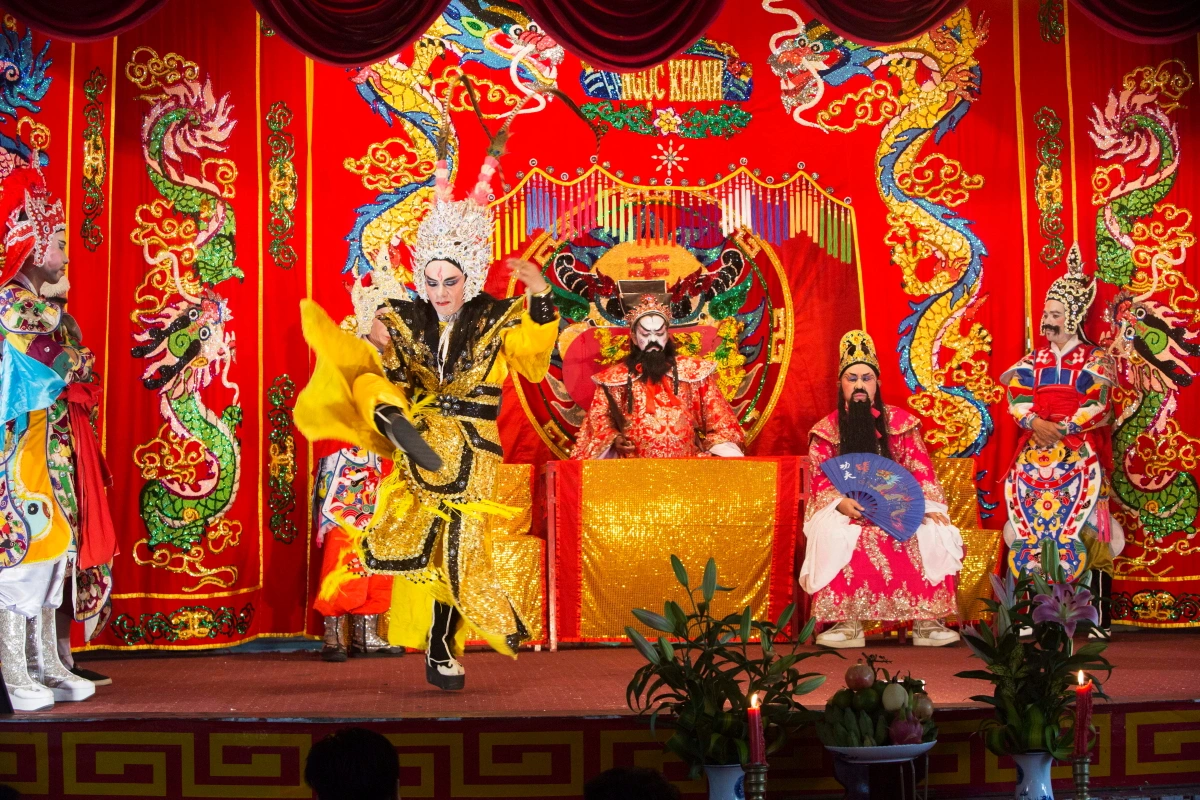

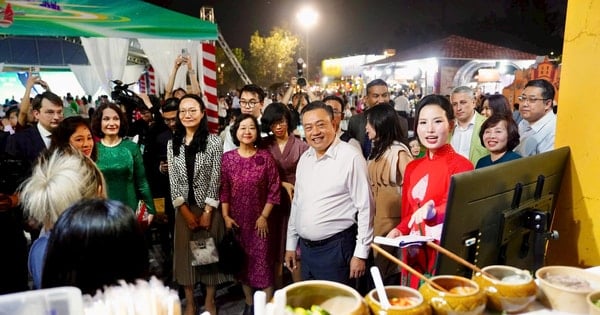

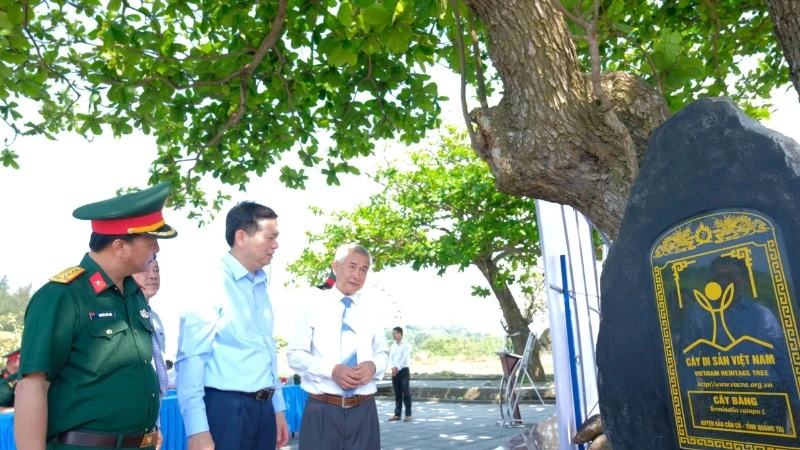







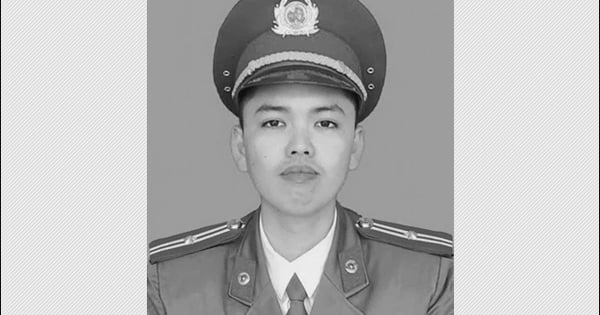






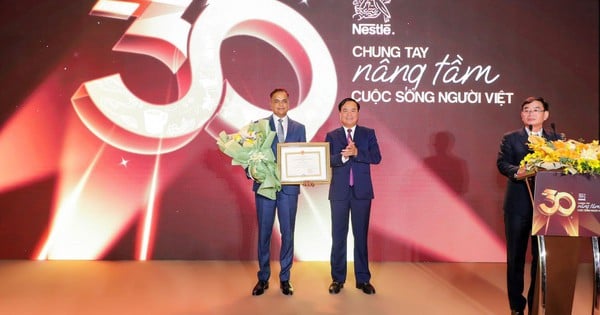









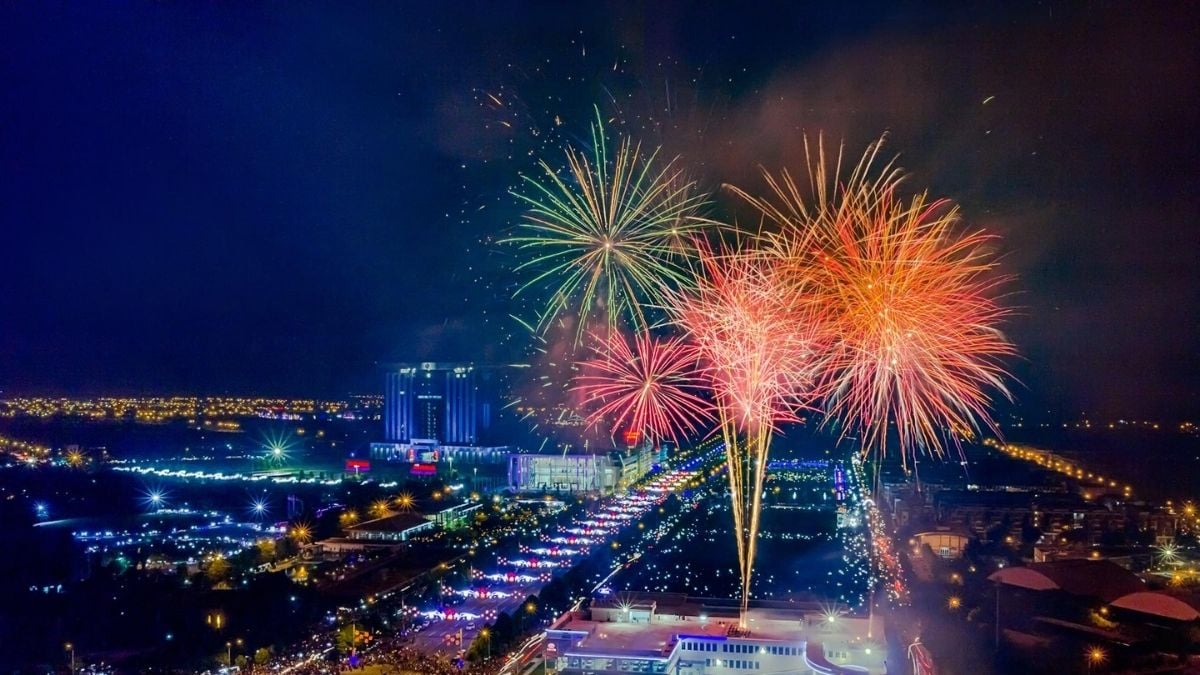
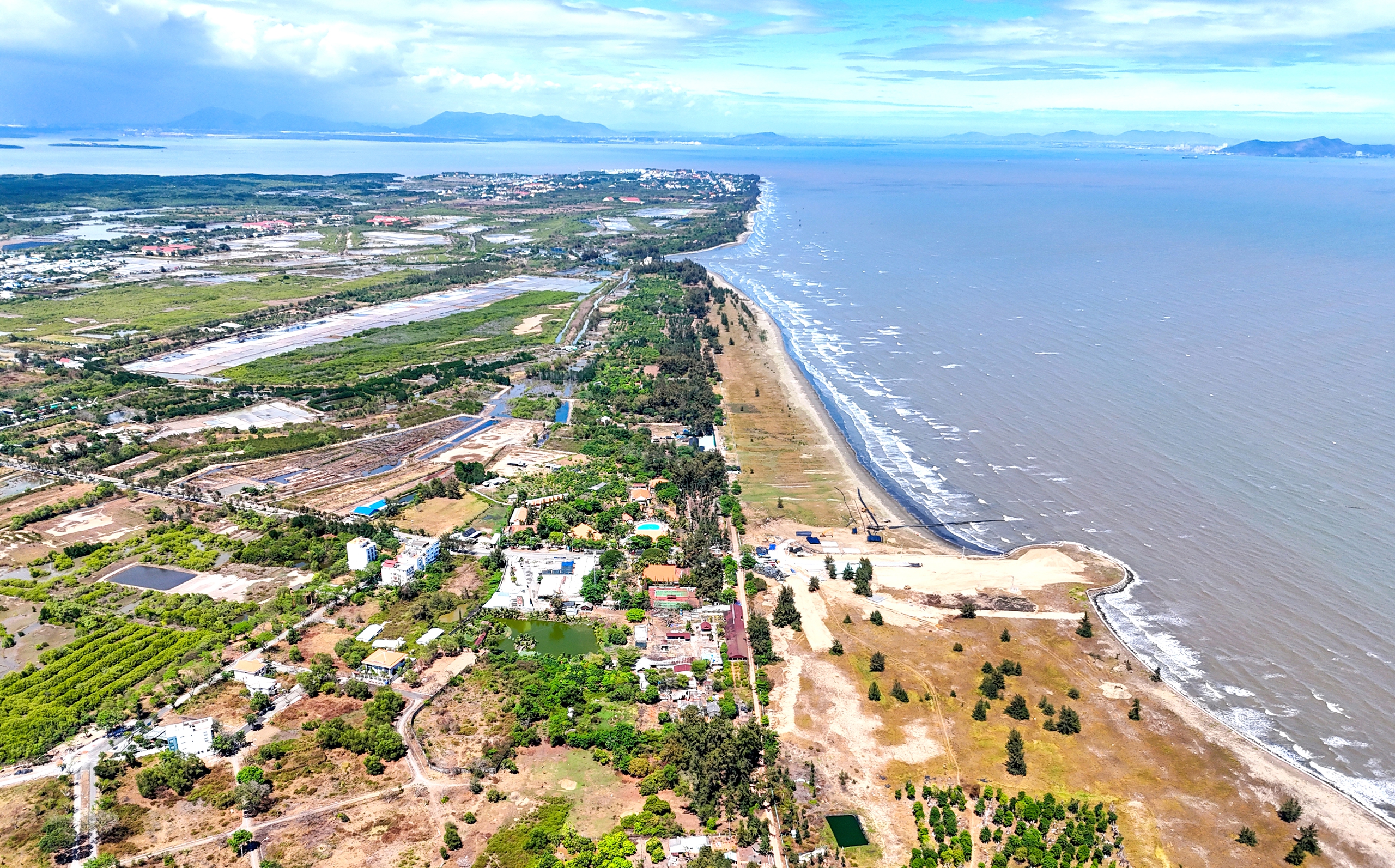


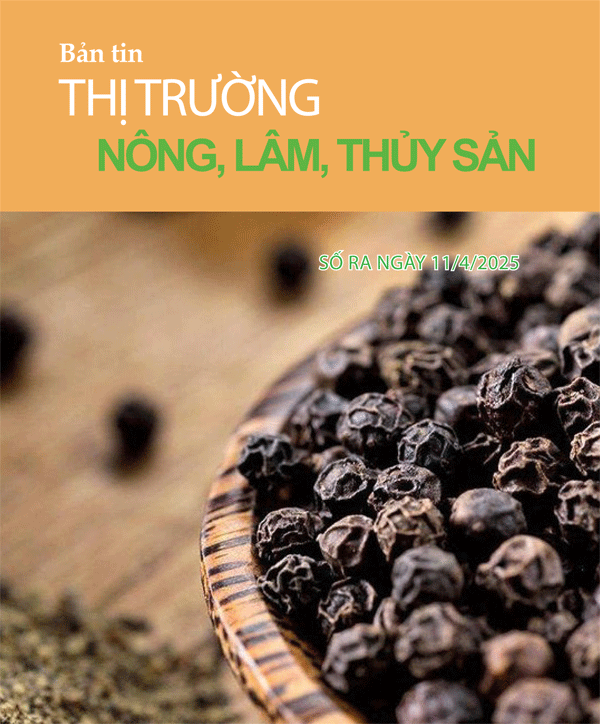

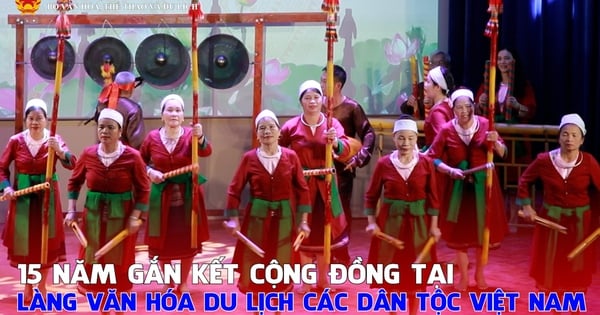

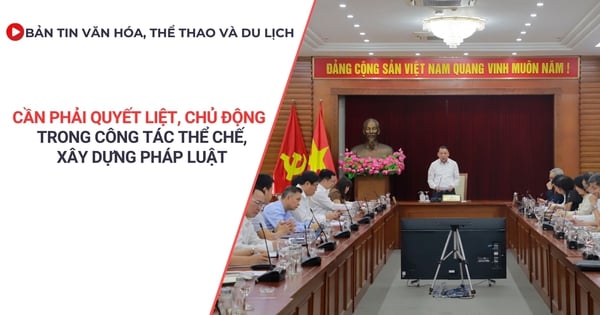






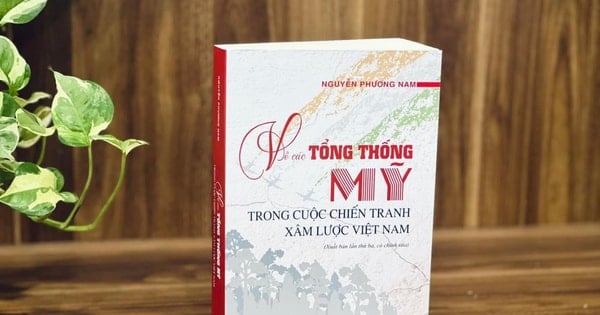


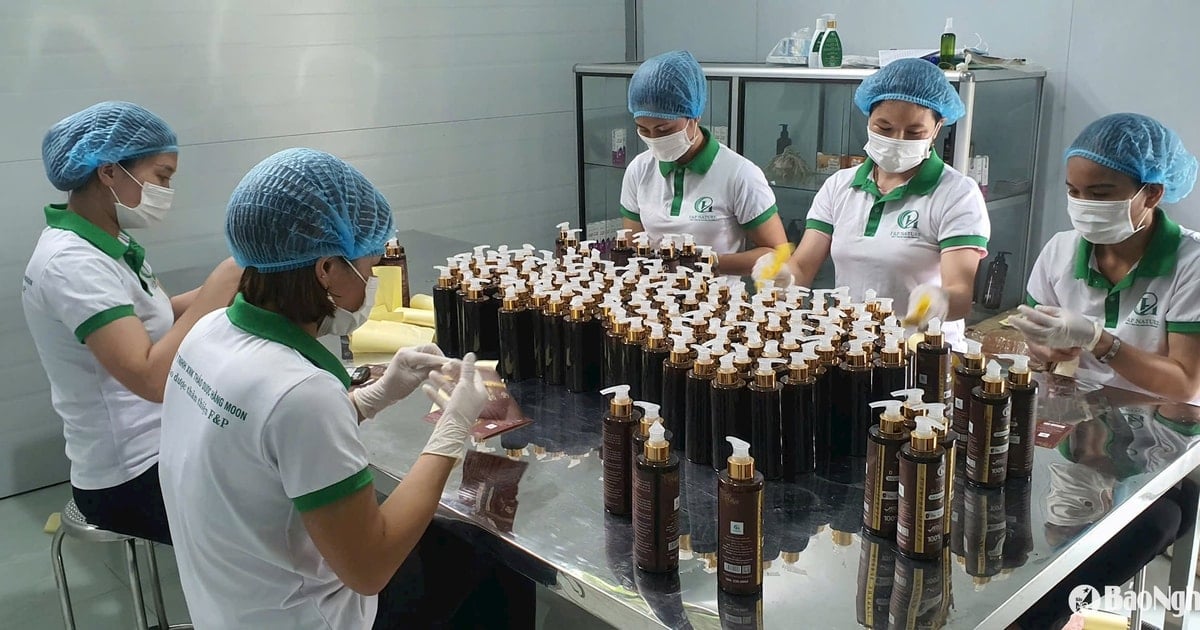












Comment (0)